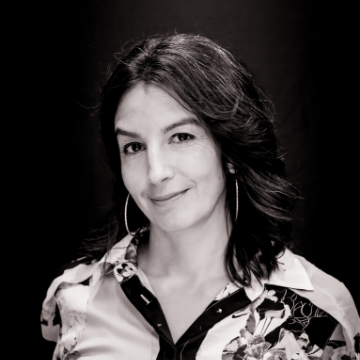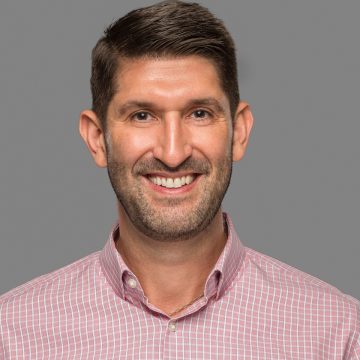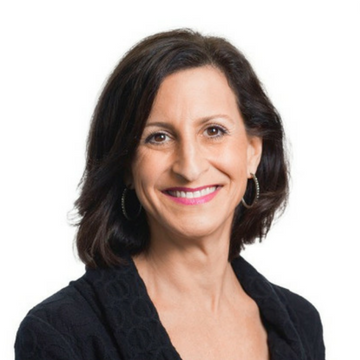As a Senior Enterprise Architect on the Customer Success team, Dan Morgan works with our largest customers in the U.S. East Enterprise space to align technical strategy with business objectives. He started at Citrix in 2010 via the Leadership Development Program, which hires and develops talent out of college, spending over six years in the field executing on consulting projects, before joining the consulting architecture team, which led him to his current role. The company, he says, has enabled him to continually challenge himself and grow personally and professionally. Dan, who has Charcot-Marie-Tooth disease, talks here about working at Citrix with a disability, how companies can support disabled employees, and more. October is National Disability Awareness Month in the U.S.
What do people with disabilities bring to an organization?
People with disabilities add value in ways you don’t think of. Resilience is built into our DNA. For a long time, often for our entire lives, we’ve dealt with a world that wasn’t designed for us. We’re constantly having to be creative and be in problem-solving mode to make it through our day-to-day. We bring a lot to the table that employers value and that can benefit organizations — resilience and adaptability are critical to survival in today’s rapidly changing business landscape.
What has your experience at Citrix been like?
At no point in my time at Citrix have I felt under pressure to do something outside my comfort zone, particularly in team events where my physical limitations come into play. I’ve never felt like I was singled out. There’s always been empathy without having to instruct people on how to be appropriately empathetic. I was on the road a lot in consulting, and anytime I did need something — usually a transportation accommodation — there was never any question about it.
I’ve always had real support at Citrix and the benefit of working in an environment where the answer is always, “Yes.” I don’t have to actively think about my disability or coach people to work with me. That’s what real support looks like — the employee spending as little “headspace” as humanly possible thinking about their disability so they can just get work done. Tech, in general, is an amazing space to be in, and I would encourage anyone with disabilities to take a hard look at a career in the industry.
What advice would you give to someone with a disability who’s in the job market?
Before you even get to the point of considering a company, look at what you can do and what you’re good at and how you can align with job roles that best emphasize that. Look hard at specific limitations you have and be honest with yourself, so you’re not trying to fit a square peg into a round hole. The idea of “being able to do anything you put your mind to” is not a path to long-term success and happiness. Also, be direct about any specific accommodations you’ll need. Seeing the reaction to that tells you a lot about the type of people you’d be working with and the organization you’d be working for. And focus on growing your network so you can get insights into what it’s like for employees with disabilities at companies you’re interested in. (Find me on LinkedIn!)
Employee Resource Groups at Citrix
Our employee resource groups (ERGs) cultivate a sense of belonging and inclusion at Citrix by creating safe spaces to support each other and educate allies; supporting Citrix through talent acquisition, retention, and employee experience; and supporting our customers and partners (both for-profit and non-profit) by providing engagement opportunities based on identity. Learn more about diversity and inclusion at Citrix and our ERGs.



